Dir: Zeze Gamboa.Ang-Port-Fr. 2004. 97mins.
African cinema should geta healthy shot of international exposure and a boost of self-confidence fromZeze Gamboa's self-assured directorial debut The Hero. Directed by theAngolan Gamboa, produced by a Portuguese producer, Vendrell, who is dedicatedto producing films from Portugese-speaking African countries and written byPortugese writer Baptista, it features the kind of rich storytelling andcharacterisation which Western audiences will appreciate, while offering apoignant portrait of a country ravaged by war which will resonate far beyondAngola's borders.
The film played at Torontolast year, won the Grand Jury prize in the first World Cinema Dramaticcompetition section at this year's Sundance and has now been selected to openthe New Directors/New Films festival in New York City on March 23.
While it won't break anyarthouse box office records around the world, it is proving a hot seller forinternational sales agent F For Film and should help contribute to areawakening in public interest for African cinema.
The film is focused aroundVitorio (Makena Diop), a 20-year veteran of the civil war who has lost a legafter stepping on a land mine. The film opens as he visits a hospital in thecapital city of Luanda in search of a prosthetic leg which he needs to help himget a job and to restore his dignity.
Although he gets the leg, itis soon stolen by some errant street kids and falls into the hands of Manu(Coelho), an orphan being raised by his grandmother who is perpetually andfruitlessly waiting for his father to return from the war. The hospital tellshim there are no more available prosthetics.
Ironically, Vitorio getshelp in his desperate predicament from Manu's schoolteacher Joana (Bull), asocially conscious, if affluent, woman who mounts a radio appeal to findVitorio's missing prosthetic leg.
Vitorio meanwhile has beguna relationship with Judite (Ceica), a prostitute still queuing up every week togo on television and plead for information about the child from whom she wasseparated in the war.
As the film concludes, eachof the characters has had an impact on the other in unpredictable ways.
Gamboa's achievement here isto portray the inter-connecting characters without pity or melodrama, since themassive loss of life speaks for itself. So while it's an unsentimental pictureof an optimistic people trying to rebuild their lives, it is also subtlycoloured by the melancholy of grief.
The bustling streets, bars,hospitals and houses of Luanda are a colourful backdrop to the dramas that willfeel fresh and unusual to Western audiences, but the characters resonate in awarmer way than parochial African films in the past could manage.
The Hero is at the heart of a vibrant wave of local andforeign films coming from the African continent that has also been swelled bythe Berlin Golden Bear winner U-Carmen In Khayelitsha from South Africa.Along with other stories about apartheid in South Africa (In My Country,Red Dust, Drum), the AIDS crisis (Yesterday), the Rwandagenocide (Sometimes In April, Shooting Dogs), the upcomingKenya-set The Constant Gardener and a film of Alexander McCall Smith'sBostwana-set novel The Number 1 Ladies Detective Agency, African cinemais on the rise again.
Prod cos: David & Golias, Gamboa & Gamboa, Les Films Del'Apres-Midi
US dist: California Newsreel
Int'l sales: F For Film
Prod: Fernando Vendrell
Scr: Carla Baptista
Cine: Mario Masini
Prod des: Lucha D'Orey
Ed: Anna Ruiz
Mus: David Linx, Diedrik Wissels
Main cast: Oumar Makena Diop,Milton Coelho, Patricia Bull, Neusa Borges, Maria Ceica, Raul Rosario

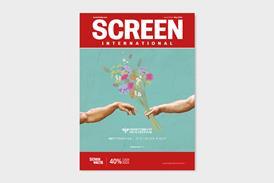
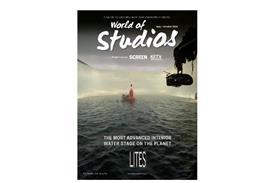

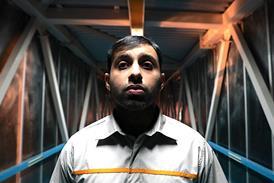

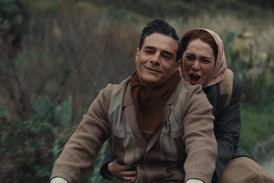
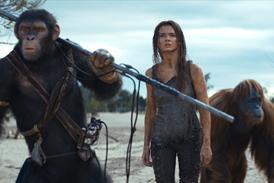




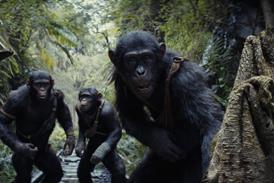






No comments yet